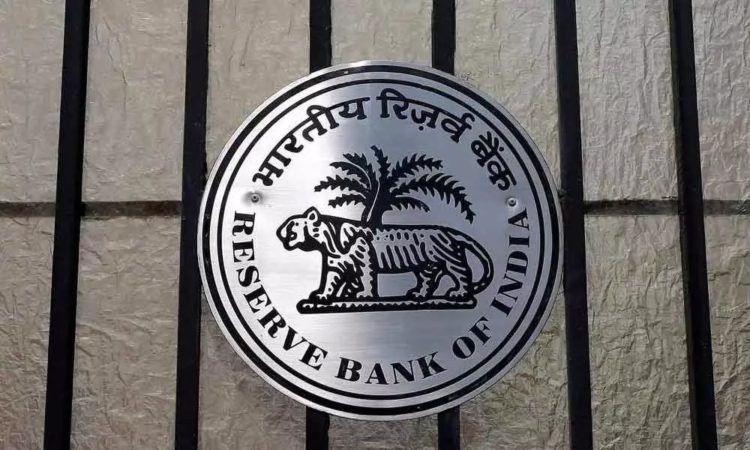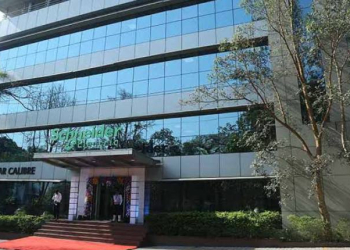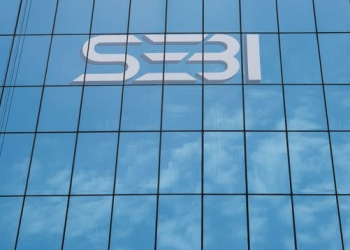Mumbai: Rates on short-term instruments such as commercial papers, Certificate of deposit and treasury bills rose sharply in last few weeks after the liquidity in the banking system slipped into a deficit post remaining in huge surplus.
In last one week, yields on treasury bills maturing in 91 days rose 17 basis points, 182-day by 24 basis points and 364-day by 22 basis points.
Whereas, rates on commercial papers maturing in three-month of non-banking finance companies rose by 25-30 basis points to 6.50-6.65 per cent, and on papers issued by manufacturing companies rose 15-20 basis points to 6.30-6.40 per cent.
Today, the yields on these papers have been trading sharply higher than earlier levels. According to the CCIL TR F-TRAC platform, commercial papers of JM Financial Products Ltd and Motilal Oswal Finvest Ltd were trading at 8.15 per cent and 8.10 per cent, respectively.
“Very tight liquidity conditions, rate hike by US Federal Reserve, and subsequent expected rate hike by the RBI due to higher inflation, expected delay in announcing bond index inclusion are the key factors affecting the yields,” said Venkatakrishnan Srinivasan, founder and managing partner at Rockfort Fincorp LLP, a Mumbai-based debt advisory firm.
The surplus liquidity in the banking system has tightened more than expected led by slower net government spending to offset the advance tax outflows and intermittent FX intervention despite the CRR related drawdown.
The Reserve Bank of India (RBI) has intervened in the forex market heavily to support rupee from falling all time low. This has also led to withdrawal of liquidity from the banking system because in this process, the RBI was selling dollars in exchange of rupee.
As per estimate, the central bank has spent more than $60 billion to save rupee.
Currently, the liquidity in the banking system is estimated to be in deficit of around Rs 294.58 crore.
Due to this, the RBI has announced overnight Variable Rate Repo auction of Rs 50,000 crore, under liquidity adjustment facility on September 22.
Further, the rate hike by the US Fed has also dampened the sentiments of the market.
The US Federal Reserve raised rates by 75 basis points as expected and flags more hikes in future on Wednesday.
The Fed’s new projections showed its policy rate rising to 4.4 per cent by the end of the year, before peaking at 4.6 per cent in 2023 to curb uncomfortably high inflation. Rate cuts are not expected until 2024. He added that the Fed’s actions are likely to result in slower growth and higher unemployment.
Fed Chair Jerome Powell said the bank needed to take much more aggressive measures to combat red-hot inflation, and was prepared to put some pressure on the economy and the job market as a result.
Following which, the market is now expecting the RBI to follow the suit and hike around 50 basis points repo rate to minimise the impact on rupee and tame inflation which is prevailing higher than the central bank’s upper tolerance band.
“Our MPC will have to react strongly in their MPC policy besides monitoring INR depreciation,” Srinivasan added.
Going forward, yields on these instruments is expected to rise further at least by 10-20 basis points due to very tight liquidity. It is expected that MF may sell these money market instruments to meet the redemption pressure.
(IANS)




















